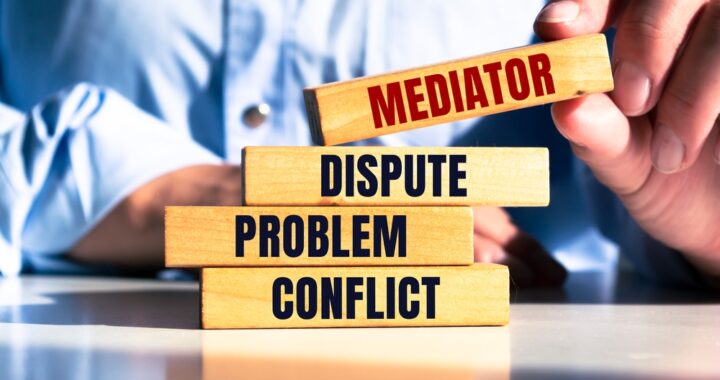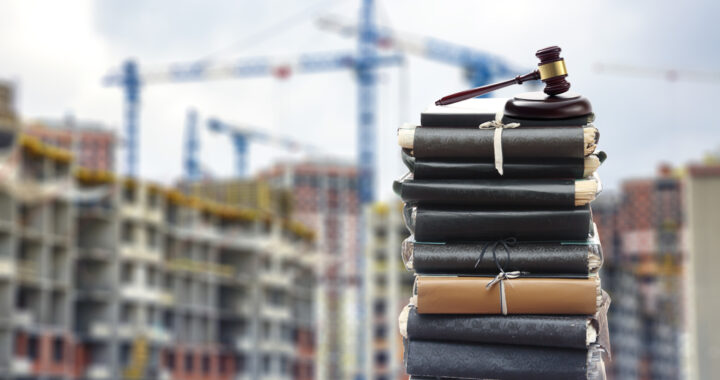When you are in a dispute, one of the first things you want to look at is the dispute resolution provision(s) in your contract. What does the provision(s) say? (There could be more than one provision.) Do you need to mediate first? Are disputes decided via arbitration or litigation? Is there a venue provision? Is there a waiver of jury trial? Is there an attorney’s fees provision? Is there a choice of law provision? You want to know this BEFORE you proceed with escalating the dispute. Not following the dispute resolution provision(s) can have consequences. Below is an example.
In Pesantes v. Kelley, 50 Fla. L. Weekly D519a (Fla. 3d DCA 2025), a residential buyer and residential seller were in a dispute. The parties entered into an as-is residential contract. The contract included a dispute resolution provision that required the parties to mediate their disputes and if they were unable to settle through mediation, then the parties could litigate their dispute. There was also a prevailing party attorney’s fees provision that stated, “In any litigation permitted by this Contract, the prevailing party shall be entitled to recover from the non-prevailing party costs and fees, including reasonable attorney’s fees, incurred in conducting the litigation.” Pesantes, supra.
The buyer filed a lawsuit against the seller for negligence without complying with the pre-suit mediation requirement. The seller did not move to compel mediation. The seller, instead, responded claiming the dispute was governed by the contact and demanded prevailing party attorney’s fees per the contract. Months later, the buyer dismissed the lawsuit and the seller moved for prevailing party attorney’s fees. The trial court denied the motion. The appellate court confirmed based on the language in the dispute resolution provision(s):
[T]he right to prevailing party attorney’s fees in litigation of a claim ‘arising out’ the Contract is triggered, (i.e., ‘permitted’) only where the parties have participated in the pre-suit mediation required by paragraph 16 and have reached an impasse (i.e., “not settled’) at such pre-suit mediation.
In other words, the Contract specifically limits fee entitlement to the prevailing party in lawsuits ‘permitted by’ the Contract. Had the Contract’s drafters intended for a broader application of fee entitlement – that is, for a prevailing party in any lawsuit ‘arising out’ of the Contract to be entitled to fees—the drafters would have included the same, broad “arising out of’ language that the drafters employed in paragraph 16. They did not, and this Court is powerless to rewrite the parties’ agreement.
Pesantes, supra (internal citations omitted).
Please contact David Adelstein at dadelstein@gmail.com or (954) 361-4720 if you have questions or would like more information regarding this article. You can follow David Adelstein on Twitter @DavidAdelstein1.



 In a recent
In a recent  The recent opinion from the Second District Court of Appeal in Hayward Baker, Inc. v. Westfield Ins. Co., 2020 WL 7767859 (2nd DCA 2020) demonstrates that the
The recent opinion from the Second District Court of Appeal in Hayward Baker, Inc. v. Westfield Ins. Co., 2020 WL 7767859 (2nd DCA 2020) demonstrates that the  When you foreclose on a construction lien, there are a couple of pointers to remember.
When you foreclose on a construction lien, there are a couple of pointers to remember. Attorney’s fees’ provisions are common in construction contracts. They are an important provision if you want to create a contractual entitlement to recover your attorney’s fees in the event there is a contractual dispute. Presuming you prevail on the significant issues of your dispute and are entitled to attorney’s fees, there is an evidentiary hearing as to the reasonableness of attorney’s fees — both as to the reasonableness of the hours expended and of the hourly rates. Generally, the attorney’s fees incurred in litigating the amount of attorney’s fees is not recoverable. This is oftentimes referred to as “fees on fees.” With that said, such fees on fees can be recoverable if the contractual provision is drafted broad enough to allow the prevailing party to recover reasonable attorney’s fees including fees incurred in litigating the reasonable amount of fees. If you want to recover fees on fees, you will want to include this language in your construction contract. For more information on this issue, please check this
Attorney’s fees’ provisions are common in construction contracts. They are an important provision if you want to create a contractual entitlement to recover your attorney’s fees in the event there is a contractual dispute. Presuming you prevail on the significant issues of your dispute and are entitled to attorney’s fees, there is an evidentiary hearing as to the reasonableness of attorney’s fees — both as to the reasonableness of the hours expended and of the hourly rates. Generally, the attorney’s fees incurred in litigating the amount of attorney’s fees is not recoverable. This is oftentimes referred to as “fees on fees.” With that said, such fees on fees can be recoverable if the contractual provision is drafted broad enough to allow the prevailing party to recover reasonable attorney’s fees including fees incurred in litigating the reasonable amount of fees. If you want to recover fees on fees, you will want to include this language in your construction contract. For more information on this issue, please check this  On October 1, 2019, a modification to existing law (Florida Statute s.
On October 1, 2019, a modification to existing law (Florida Statute s.